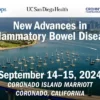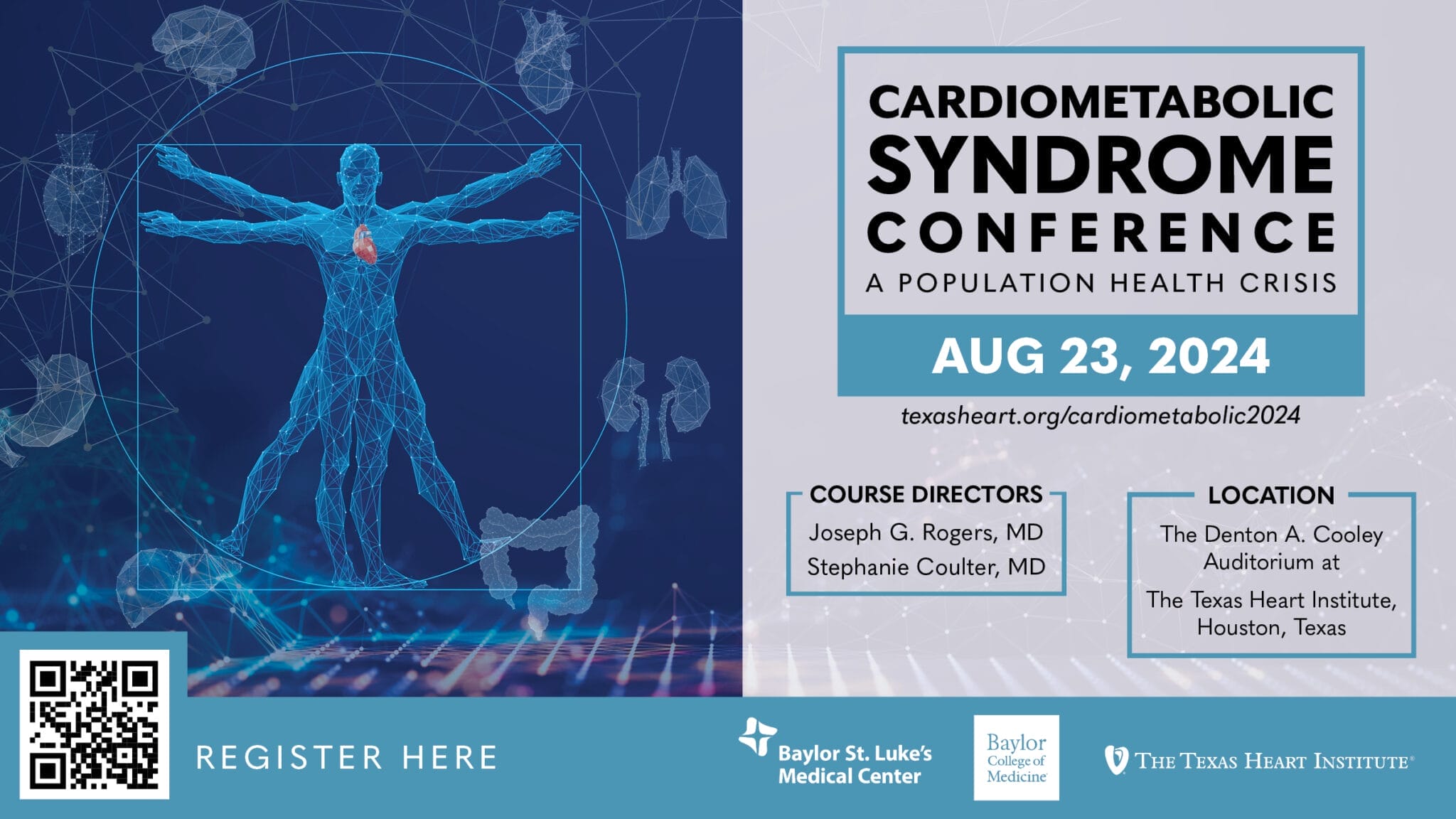Texas Heart Institute Cardiometabolic Syndrome Conference 2024
25 $
Delivery time: Maximum to 1 hours
Format : 20 videos
File size: 4.67 GB
Cardiometabolic syndrome (CMS) is a complex medical condition associated with significant morbidity, mortality, and cost. It is increasingly appreciated that the condition is also linked to non-cardiac disease including fatty liver disease and cancer. The underlying pre-morbid conditions for CMS include hypertension, insulin resistance and type II diabetes, elevated serum lipids, and obesity. Despite a deep understanding of the roles these pre-morbid conditions have on cardiovascular disease, liver disease, and malignancy and increasingly effective treatment strategies, the most recent projections from the US census and NHANES predict dramatic growth in each of the risk factors and subsequent clinical disease. This suggests that we need to look beyond standard healthcare solutions to the social drivers of health, new community partnerships, and innovative research programs if we intend to alter the trajectory of CMS. The proposed program will convene key stakeholders across a variety of disciplines to re-imagine new approaches for CMS.
The Cardiometabolic Syndrome Conference is designed to provide attendees with the most contemporary knowledge about the syndrome, including the epidemiology, treatment strategies, and knowledge gaps. There will be a specific focus on high-level discussions that dissect the current shortcomings in the overall management of CMS at the individual and community level and begin to consider new and innovative treatment strategies. The target audience is intended to be multidisciplinary and includes cardiologists, internal/general medicine practitioners, hepatologists, endocrinologists, rheumatologists, pulmonologists, neurologists, gastroenterologists, surgeons, residents and fellows, physician assistants, nurse practitioners, nurses, and other allied health professionals.
Learning Objectives
At the conclusion of each lecture in the series, the participant should be able to:
• Define the current epidemiology of CMS and its clinical consequences.
• Review a guideline-based approach to screening and treatment of CMS.
• Assess the growing burden of CMS on children.
• Discuss prescribing food as a treatment for CMS.
• Consider how to meaningfully integrate the social drivers of health into clinical practice.
+ Topics:
An Employer Perspective on Community Health Initiatives.mp4
Behavior Change and Health Outcomes in the Age of AI.mp4
Cardiometabolic Syndrome in Children A Sign of Things To Come.mp4
Cardiometabolic Syndrome in Women.mp4
Changing Dietary Habits at the Population Level.mp4
Defining the Epidemiologic Scope of Cardiometabolic Syndrome.mp4
From Streets to Heartbeats Urban Environment and Cardiometabolic Health.mp4
Impact of Contemporary Therapies on CMS.mp4
Implementation Science to Improve Patient Engagement and Leveraging Systems to Enhance Care.mp4
Leveraging Community Resources to Support Mental Health in the Workplace.mp4
Looking at Community Health Trends with Survey Data The Greater Houston Community Panel.mp4
National Priorities on Lifestyle and Cardiometabolic Health.mp4
Opening Plenary Session Panel Discussion Q&A.mp4
Research and Community Health Priorities Panel Discussion Q&A.mp4
Technology & Digital Health Innovations Non-Medical Management Panel Discussion Q&A.mp4
The Role of Local and State Governments.mp4
Using Big Data to Understand and Treat Cardiometabolic Syndrome.mp4
We Have the Tools, It’s Time To Unite The Intersection of CMH & MASLD MASH.mp4
We Know What To Do. Why Isn’t It Working.mp4
What the Guidelines Tell Us About Cardiometabolic Syndrome.mp4






